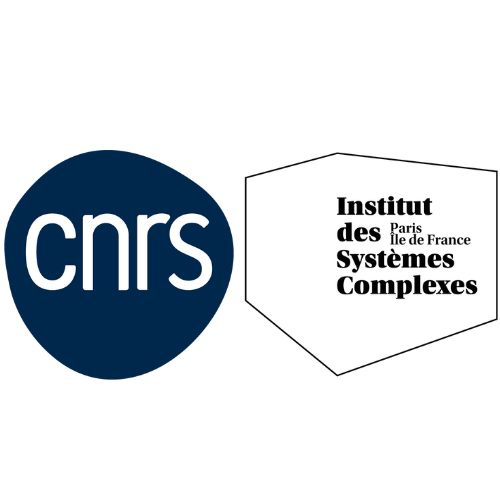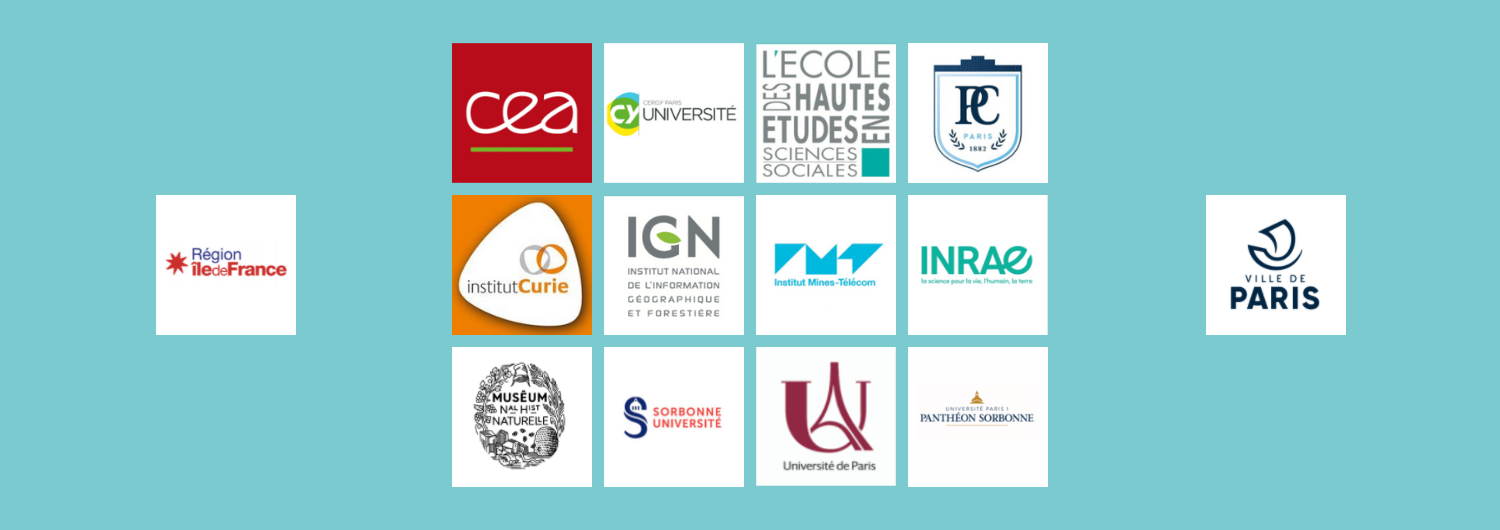OpenMOLE (Open MOdeL Experiment) facilite l’exécution de vos programmes sur des environnements informatiques distribués. Si vous souhaitez exécuter le même programme pour de nombreuses entrées différentes (paramètres ou ensembles de données), OpenMOLE est l’outil qu’il vous faut. L’utilisation typique d’OpenMOLE est la calibration de modèles haute performance, l’exploration de modèles, l’apprentissage de machines, l’optimisation, le traitement de données.
- Il fonctionne avec vos programmes – Java, Binary exe, NetLogo, R, SciLab, Python, C++…
- Calcul distribué – Fonctionne sur vos machines multi-cœurs, vos clusters, vos grilles, votre grille de bureau.
- Expressif – Système de flux de travail graphique et scénarisé pour décrire vos processus naturellement parallèles.
- Évolutif – Gère des millions de tâches, des années de calcul et des gigaoctets de données.
- Mature – Développé depuis 2008 et largement utilisé.
- Ouvert – Licence de logiciel libre AGPLv3.
ACCÉDER AU SERVICE
Pour accéder à ce service, vous devez en faire la demande en ligne, et, parallèlement, prendre contact avec l’équipe sur le chat OpenMOLE.
PROJETS
PUBLICATIONS
Citer OpenMOLE
Romain Reuillon, Mathieu Leclaire, Sebastien Rey-Coyrehourcq, OpenMOLE, a workflow engine specifically tailored for the distributed exploration of simulation models published in Future Generation Computer Systems, 2013BibTex




